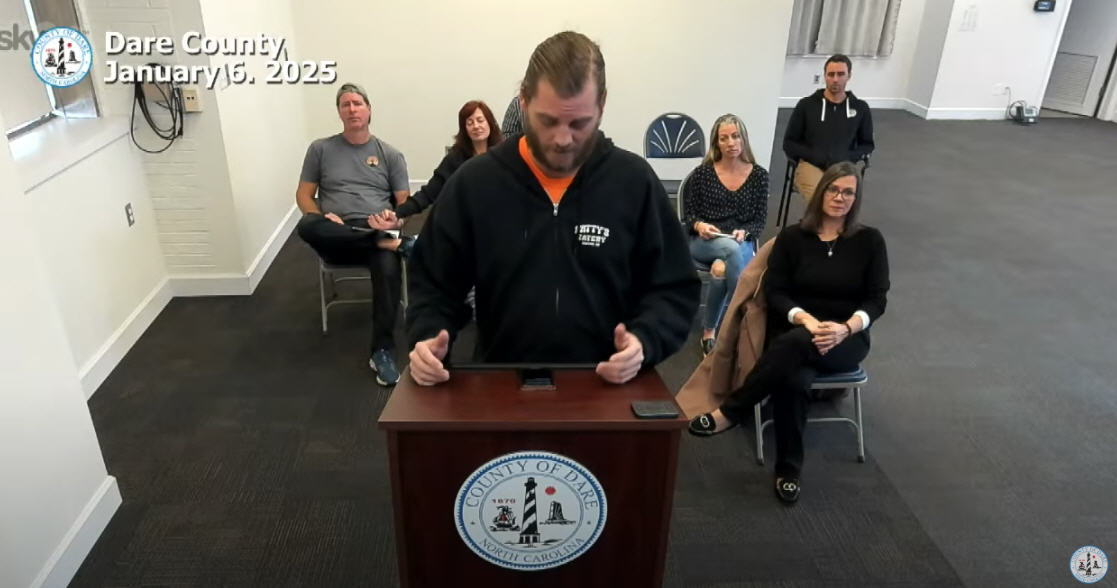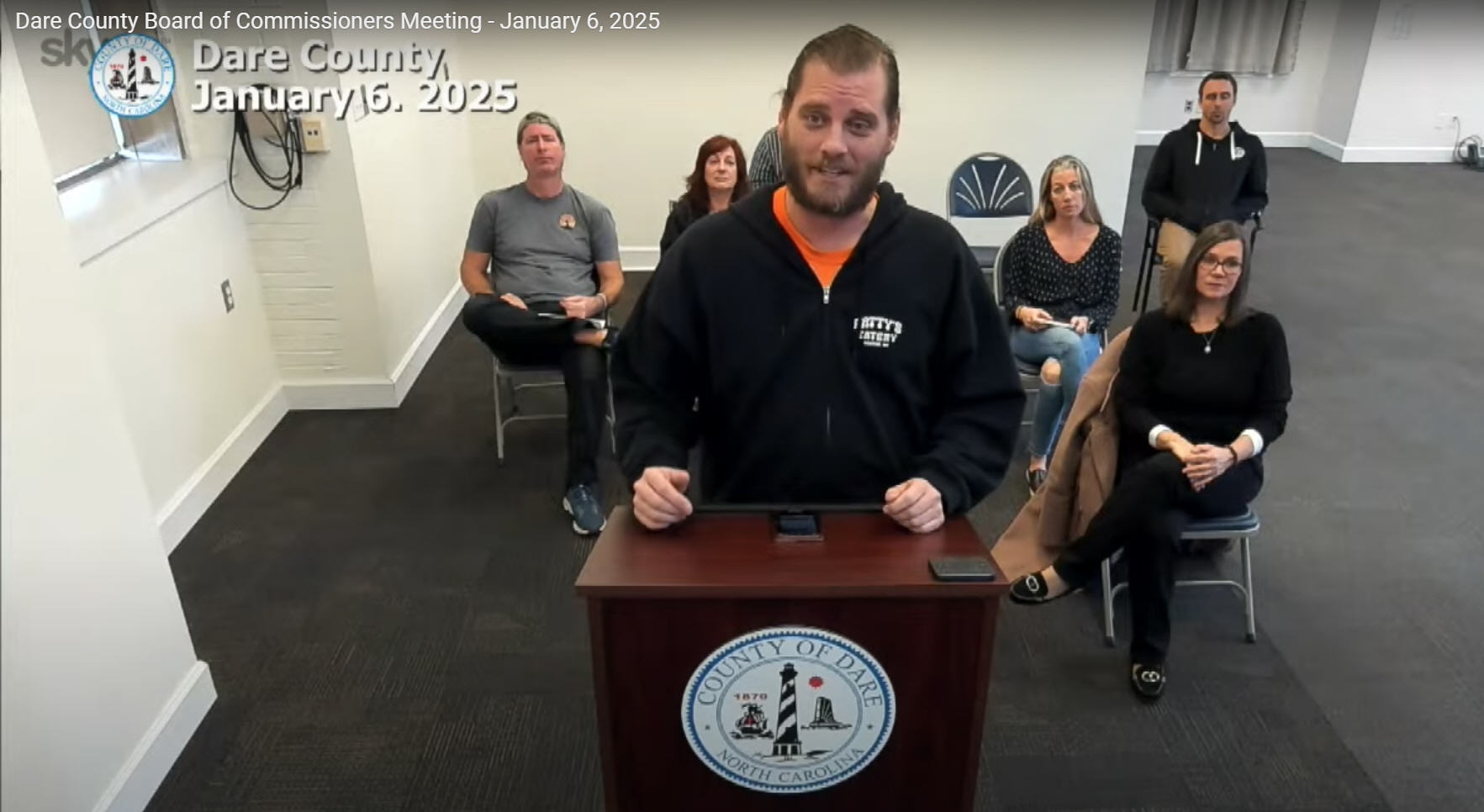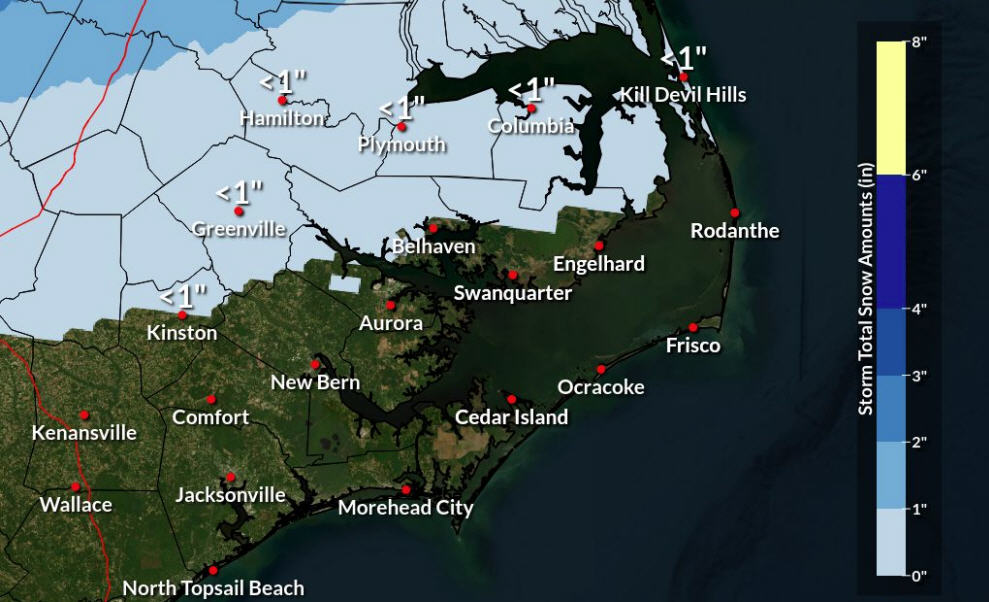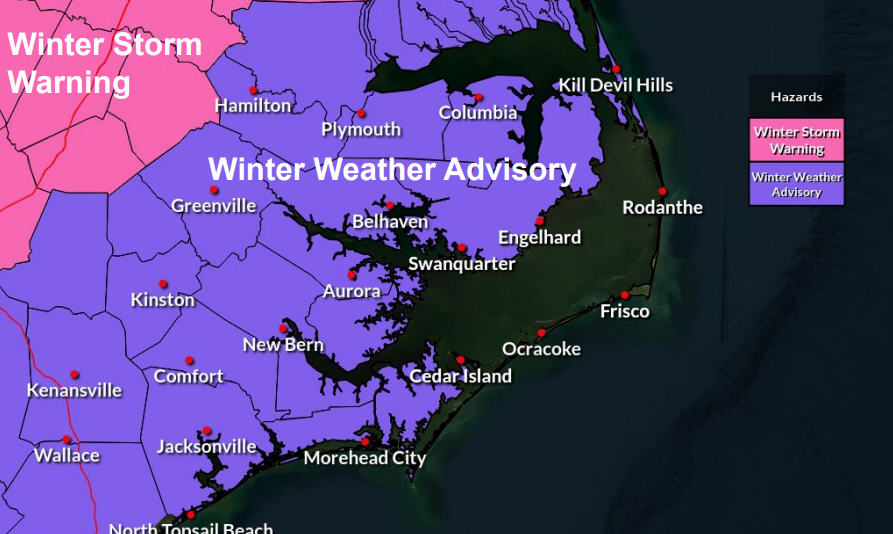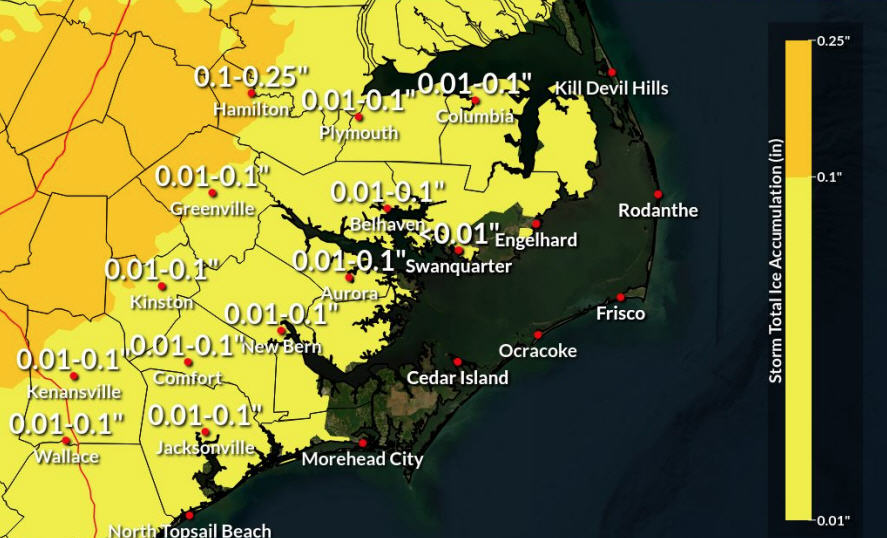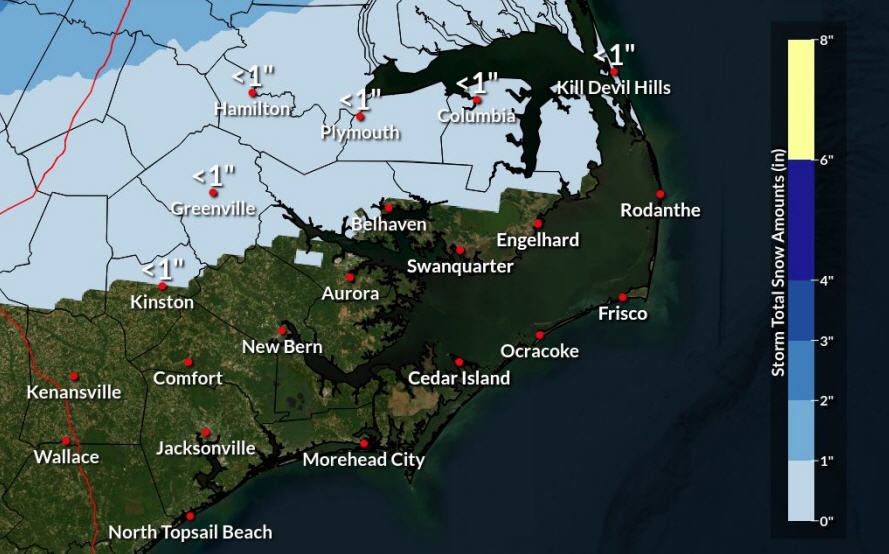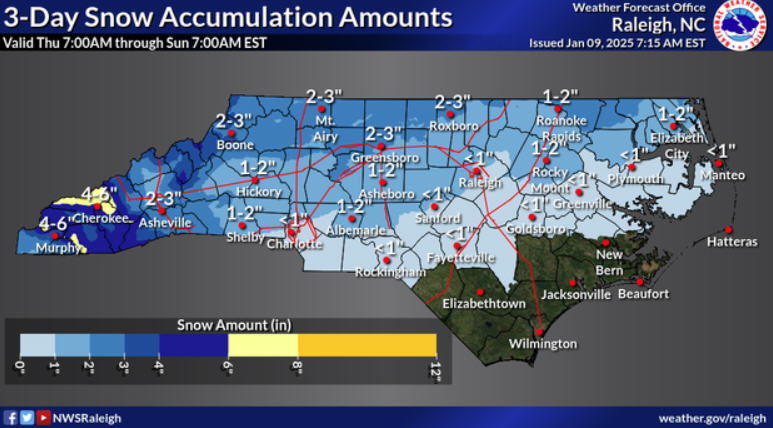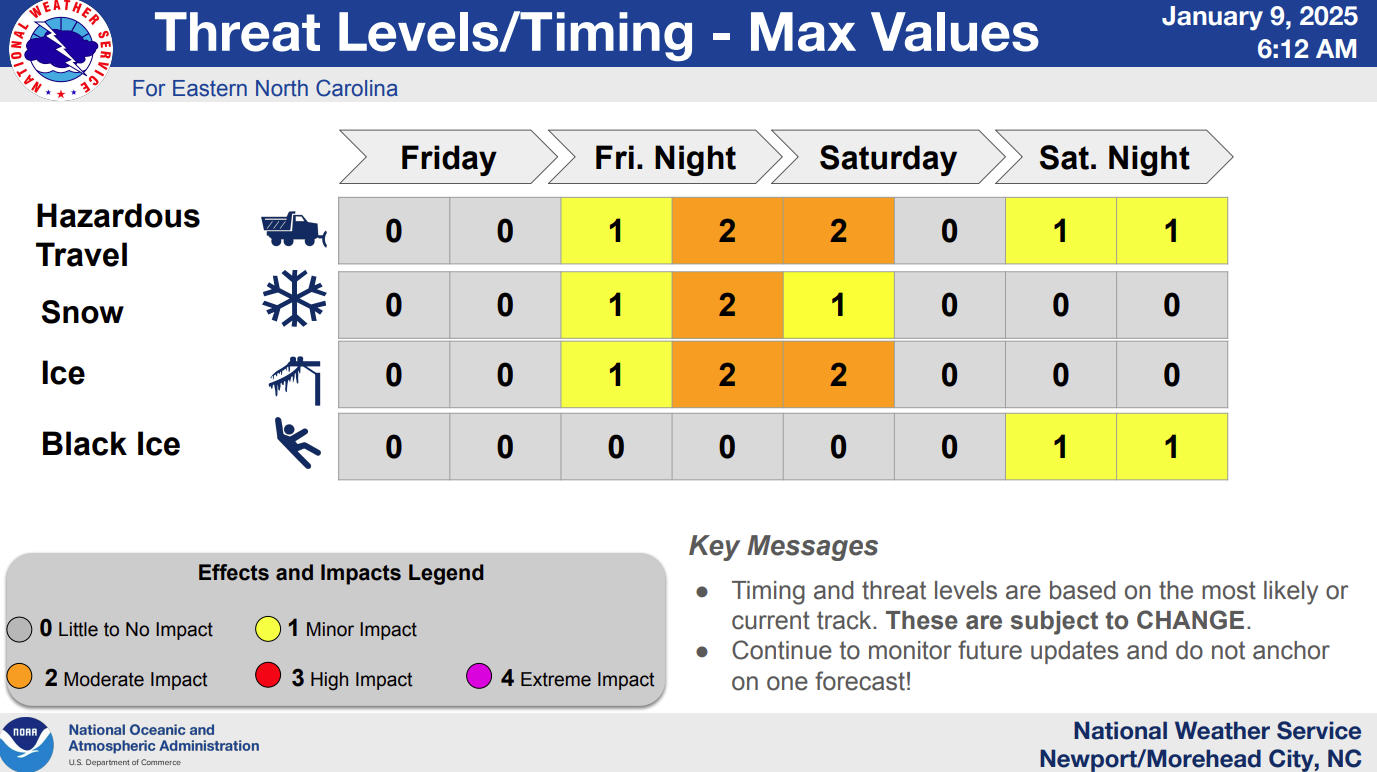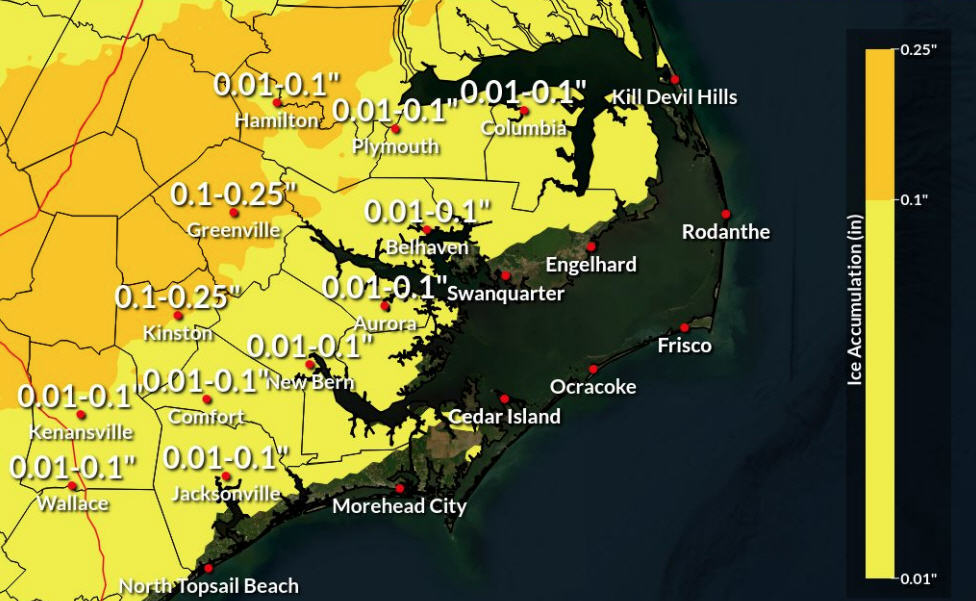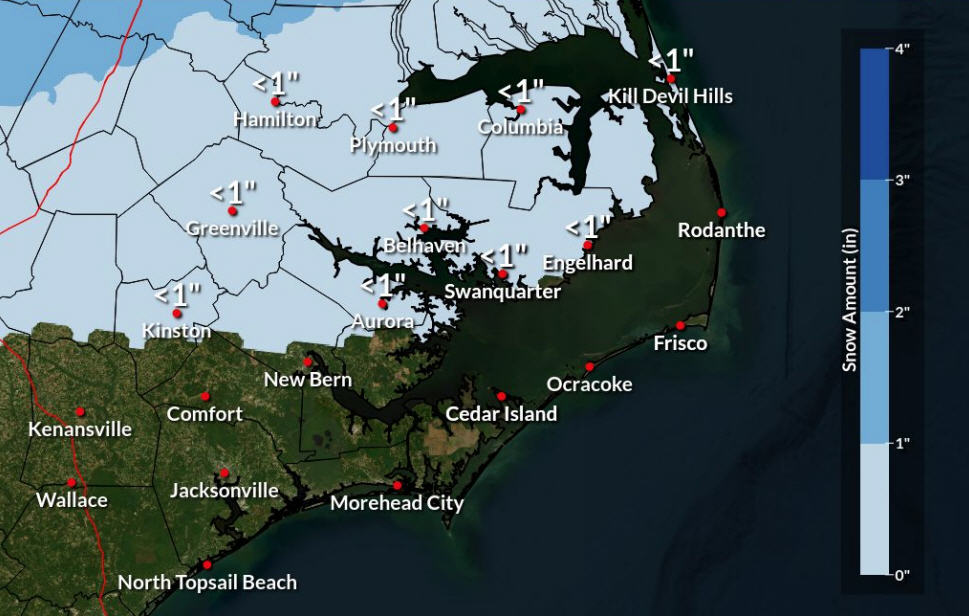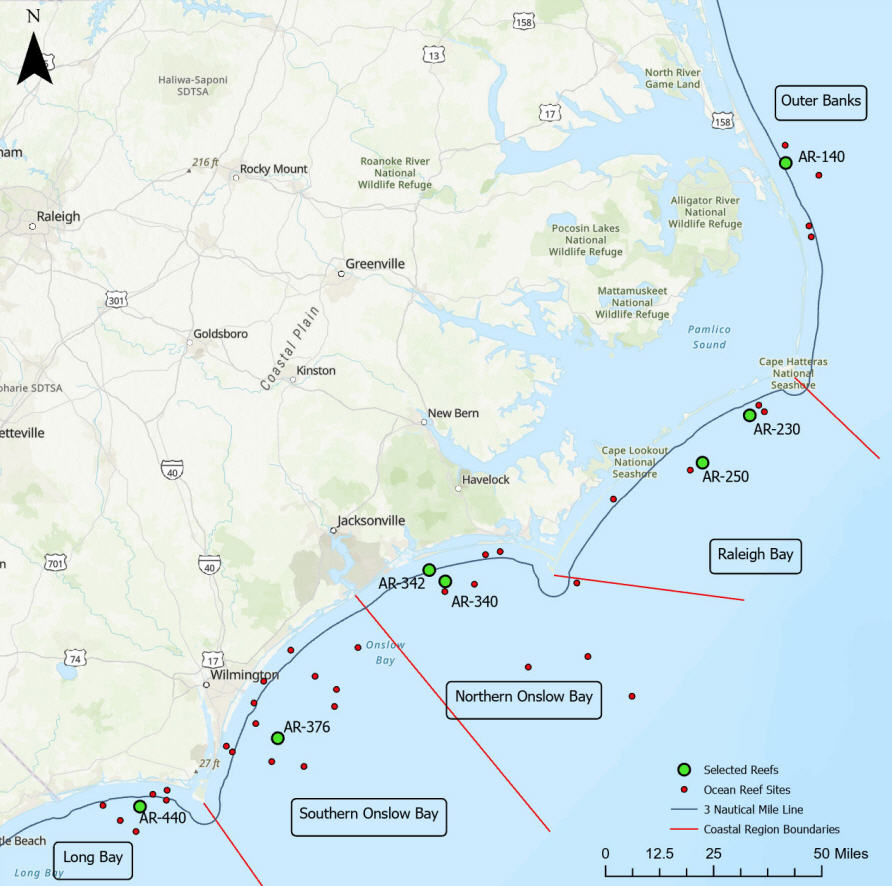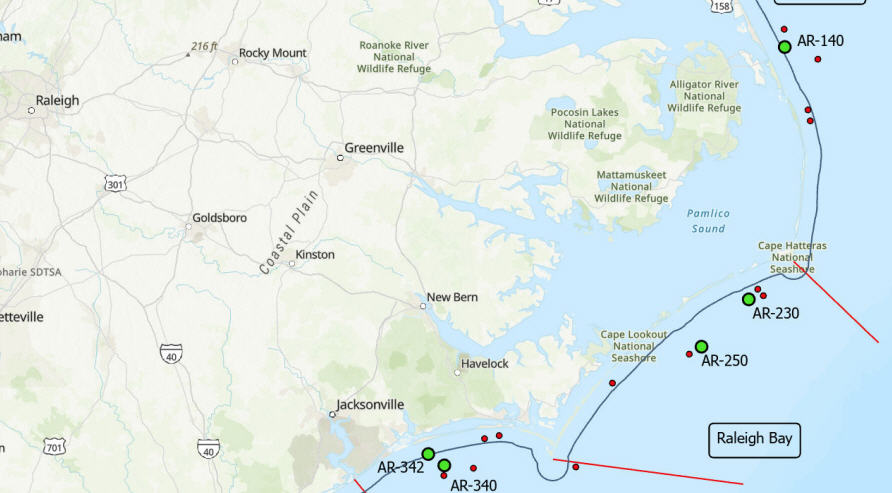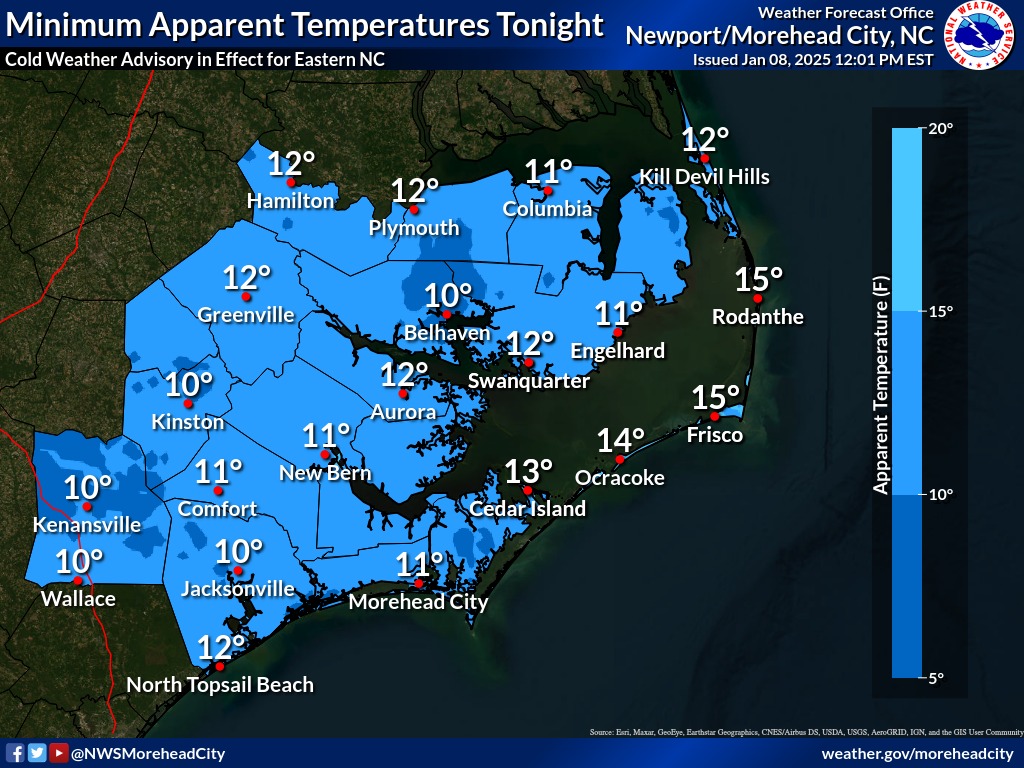Rural School Bill Passes in the NC Senate By JOY CRIST
A North Carolina senate bill that will allow the Ocracoke school to retain its current teaching staff and grade structure passed with 49-0 votes, (with one absentee vote), on April 27.
The bill, which is sponsored by Senator Jim Davis (R) Senate Majority Whip Jerry W. Tillman (R) and Senator Rick Horner (R) will provide funds to pay for the salaries of teachers in isolated areas, such as Ocracoke Island.
Without the funds, Ocracoke Island’s only school would have to let go of five teachers. As a result, the current eight grades that are designated for Ocracoke’s elementary and middle school students would be reduced to five grades.
The bill, which is titled as “An Act to provide for Teacher Allotments for Geographically Isolated K-12 Schools” states the following:
The General Assembly of North Carolina enacts:
SECTION 1. G.S. 115C-301 is amended by adding a new subsection to read: Notwithstanding any other provision of this section, the State Board of Education shall allot additional classroom teachers to schools containing grades kindergarten through 12 when consolidation is not feasible due to the geographic isolation of the school and the school meets at least one of the following criteria for geographic isolation:
(1) The school is located in a local school administrative unit in which the average daily membership is less than 1.5 per square mile.
(2) The school is located in a local school administrative unit for a county containing more than 150,000 acres of National Forest owned by the federal government and managed by the United States Forest Service pursuant toG.S. 104-5.
The State Board shall allot teachers to geographically isolated schools pursuant to this subsection on the basis of one classroom teacher per grade level and shall allot teachers to the remainder of the local school administrative unit under the regular teacher allotment formula.
From here, the bill will go to the Committee on Education, where it could be approved as is or modified from its current version. If the bill passes the house and is signed into law, it will be effective beginning July 1, 2017.






